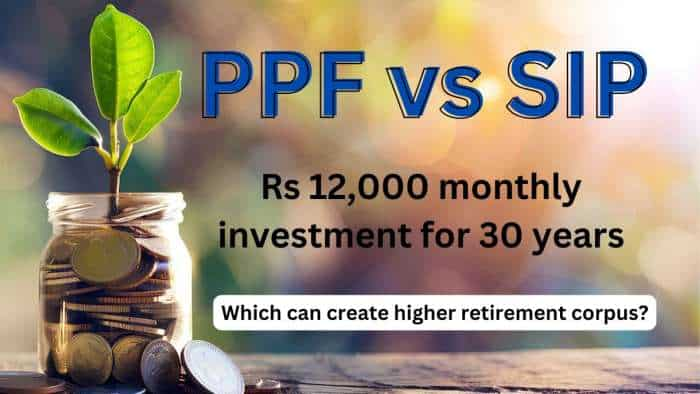Tax Saving: Are ELSS mutual funds better than other Section 80C investments?
An ELSS mutual fund can be a great investment option for those looking to save taxes as they offer higher returns and other benefits compared to traditional investment instruments eligible for tax deduction under Section 80C of Income Tax Act, 1961.
)
When people struggle with saving taxes, the Section 80C exemptions under Income Tax Act, 1961, come to their rescue. Tax-saving investment options offer the dual benefit of returns on investment and tax deductions.
While there are several investment options that are covered under Section 80C exemptions, Equity Linked Savings Scheme (ELSS) mutual funds have gained significant popularity in recent times. This is due to the attractive benefits that come with investing in ELSS. Many investors consider it to be better than other traditional investment instruments.
What are ELSS mutual funds?
ELSS funds are a category of mutual funds that primarily invest in the equities market. Therefore, the money you invest is distributed across equity market segments that generate substantial returns in the long-run. Since the stock market is volatile and offers potentially higher returns, this investment option seems lucrative to investors. However, it does come with a set of risks as well.
Are ELSS mutual funds better than other Section 80C investments?
Here are a few factors that make ELSS mutual funds stand out from the rest of the Section 80C investments:
- Higher Returns: In the past, equity investments have outperformed traditional tax-saving investments like Public Provident Fund (PPF), National Savings Certificate (NSC), and Fixed Deposits (FDs). ELSS mutual funds offer the potential to earn higher returns that provides better value to the money you invested and helps in multiplying invested funds faster.
- Shorter Lock-In Period: These investments come with the shortest lock-in period among all Section 80C investments as one needs to lock their money in for just three years. This ensures liquidity of investments as one doesn't have to wait for a decade to get their investment money back and one can use the liquidated funds in case of emergencies.
- Professional Management: ELSS mutual fund investments are managed by professionals and investment decisions are made by them on your behalf. They use their intellect and expertise to invest your money diligently. Therefore, there are high chances that the invested money would multiply soon as their analysis is generally accurate.
However, though ELSS mutual funds are better than other investments in various areas, they are subject to market risks and volatility. Therefore, excluding other investment options from your list won't be a great decision.
The areas where other Section 80C investments could prove to be beneficial have been listed below.
- Low-risk Investment: Investing in schemes like PPF or NSC involve lower risks as there are almost negligible chances of losing your money as these initiatives are backed by the government. On the other hand, Bank Fixed Deposits (FDs) are a safe option too as the government provides protection to deposits of up to Rs 5 lakh.
- Diversification of Portfolio: In order to maximise returns and minimise risks, it is essential that you invest in other 80C investment options that are safer so that the risks from ELSS investments can be minimised.
Get Latest Business News, Stock Market Updates and Videos; Check your tax outgo through Income Tax Calculator and save money through our Personal Finance coverage. Check Business Breaking News Live on Zee Business Twitter and Facebook. Subscribe on YouTube.
RECOMMENDED STORIES

Power of Rs 15,000 SIP: How long it will take to achieve Rs 7 crore corpus? See calculations to know

Largecap, Midcap Stocks To Buy: Analysts recommend buying L&T, Tata Motors, 3 other stocks for 2 weeks; check targets
08:16 PM IST












 Hidden charges on SBI ATM cards: Is your money disappearing quietly?
Hidden charges on SBI ATM cards: Is your money disappearing quietly? Latest personal loan interest rates for SBI, PNB, Bank of Baroda, HDFC bank and ICICI bank
Latest personal loan interest rates for SBI, PNB, Bank of Baroda, HDFC bank and ICICI bank 8 post office investment schemes that offer over 7% guaranteed return
8 post office investment schemes that offer over 7% guaranteed return Millennials turning towards new-age investment instrument fractional investing: Report
Millennials turning towards new-age investment instrument fractional investing: Report  Income Tax: How are e-filing and e-payment of taxes different? Know details here
Income Tax: How are e-filing and e-payment of taxes different? Know details here